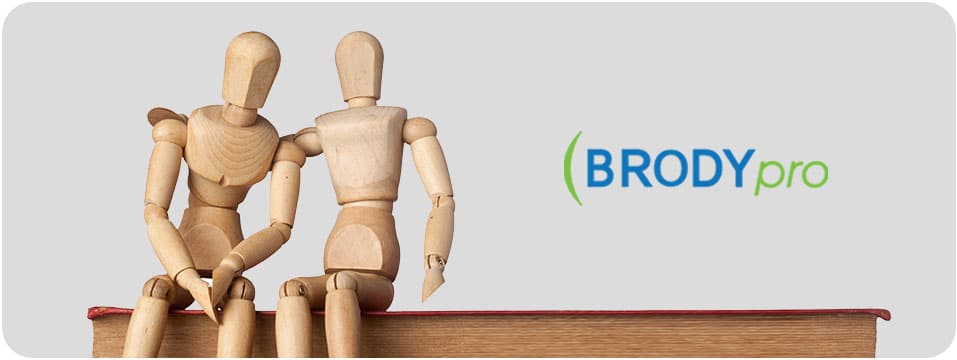The Impact of Not Listening
A colleague was telling me about a medical specialist that she sees on occasion. After the doctor does his exam, he asks if she has any questions. If she brings up an issue, the doctor “listens,” as he pastes on a wooden half smile. He nods quickly—too quickly—as if he is relating, but the clear impression this doctor projects is that the appointment is finished… he’s out of there. His answers are perfunctory, with little probing.
While this specialist has great medical skills, he’s not able to connect with his patients in a genuine manner because he lacks empathetic listening skills.
Empathetic listening is not just for health care specialists.
Empathetic Listening for Leaders
You may have heard this quote by Theodore Roosevelt: “People don’t care how much you know until they know how much you care.”
Showing a genuine interest in others may come more naturally to some people than others, but it is a skill that can be developed. Empathetic listening skills encompass active listening and genuine caring, and they are demonstrated in honest and authentic communication.
In BRODYpro workshops, participants pair up to practice empathetic listening skills. We remind participants that empathy is not the same as problem solving. Only if the person asks for guidance and/or gives permission should the listener offer solutions.
This is a common complaint in relationships with significant others… “All I want him (her) to do is listen and understand, not jump in and try to solve my problems.” The same is true for workplace relationships.
So, what should you do when someone expresses a problem, concern, anxiety or frustration?
5 Tips for Empathetic Listening
- Acknowledge their feelings
- Validate their concerns
- Refrain from arguing or debating the issues
- Ask clarifying questions (if relevant)
- Reveal something about yourself that will connect with their experience (being careful not to hijack the conversation with your own experience)
Get Curious
Demonstrating empathetic listening skills requires an interest in people (personally and professionally), spending time, and paying attention. When you show interest and curiosity, it’s amazing how quickly people will open up.
Caution: Be aware of your own filters and how they color your impressions of others.
Often, we make snap judgments about people and decide we can’t empathize with them because we don’t like them. You can empathize with anyone. Empathy means understanding others; it doesn’t mean that you like them or agree with what they are saying! However, in order to demonstrate empathetic listening skills, we need to pay attention to how our feelings are impacting our openness to others.
First and foremost, empathetic listening is an opportunity to support a fellow human being.

